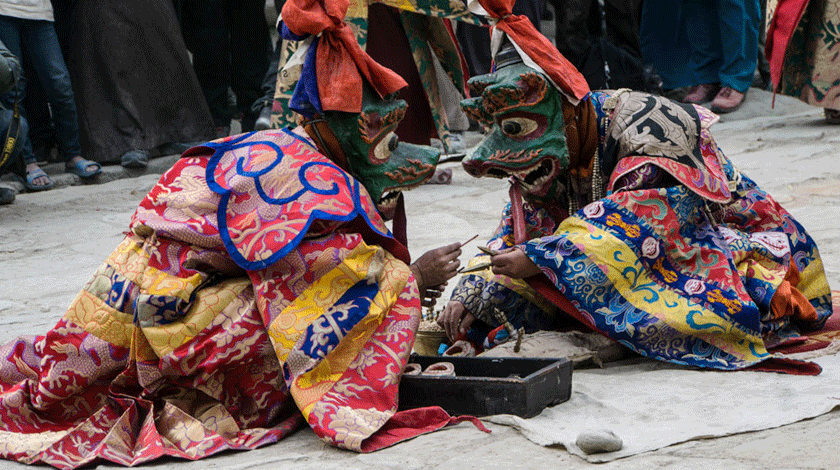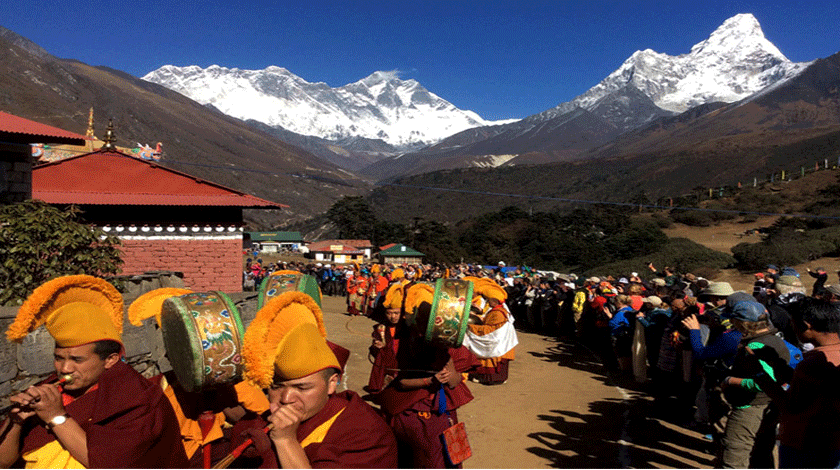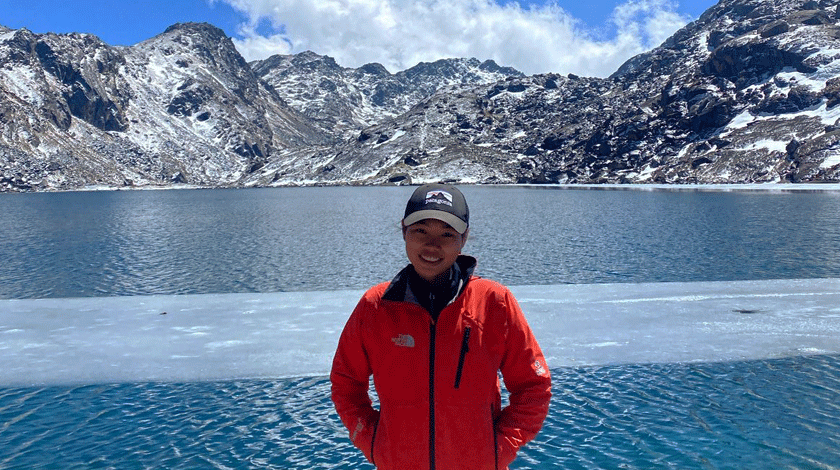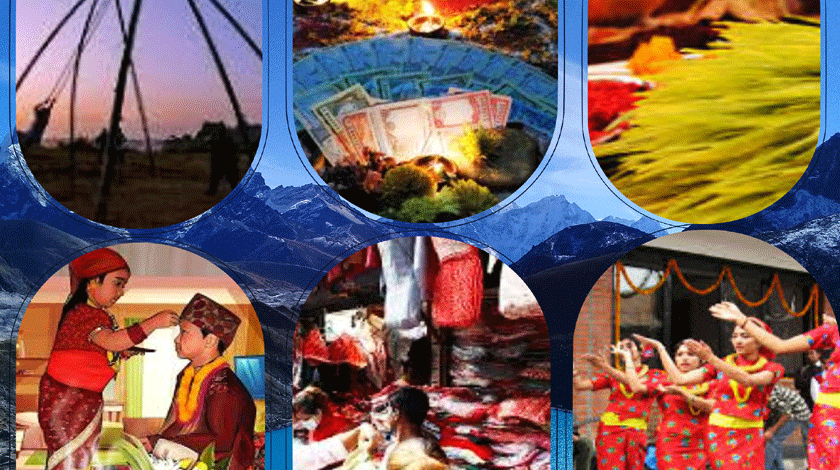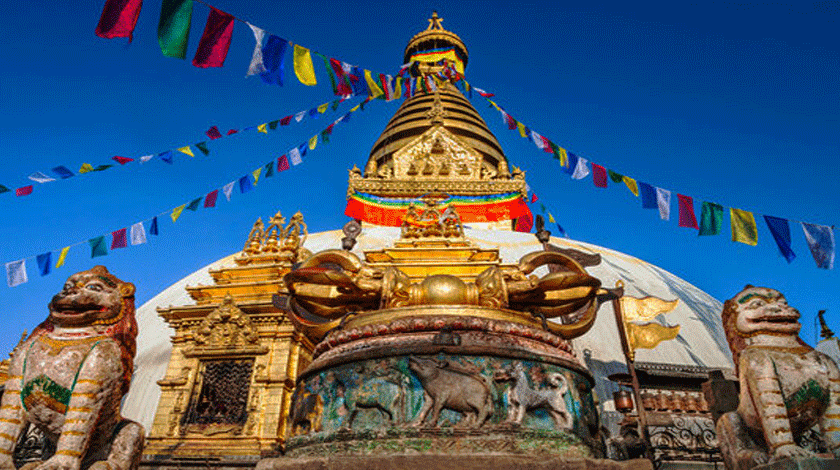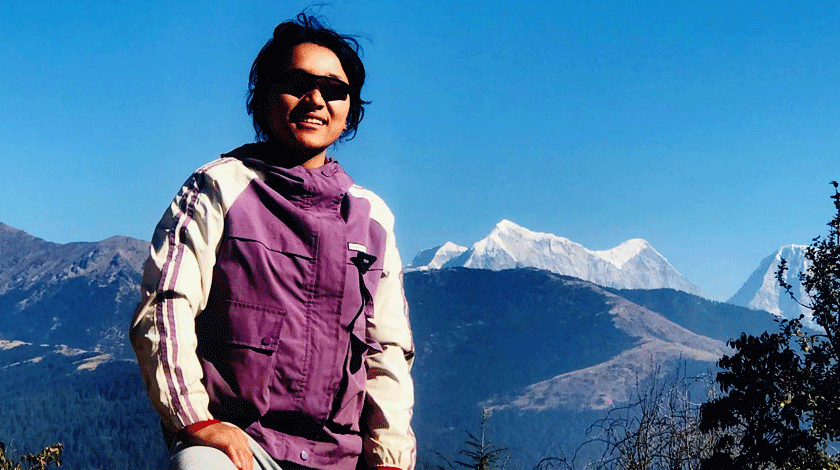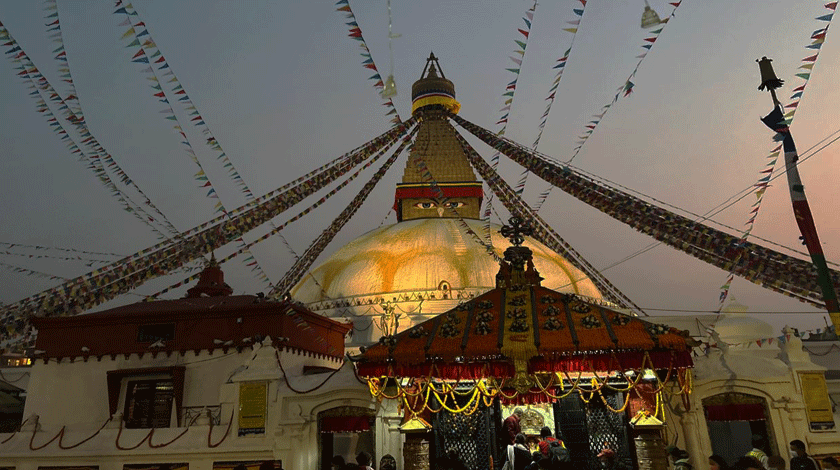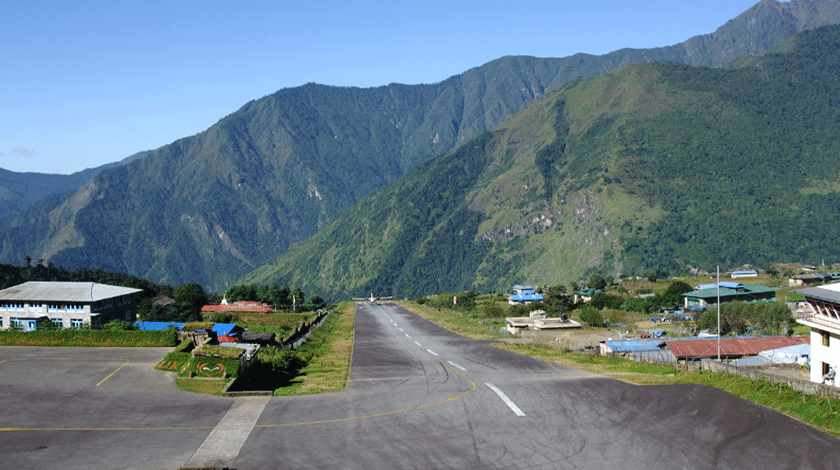Tipping Trekking Guides in Nepal
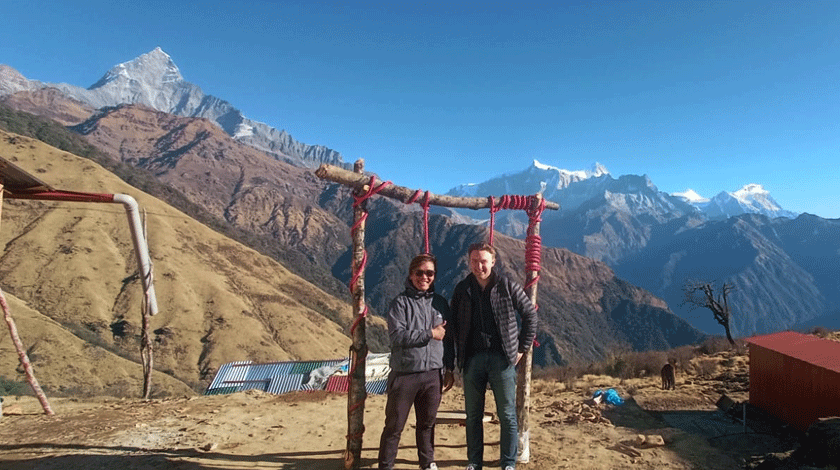
Tipping Trekking Guides in Nepal: A Comprehensive Guide
Tipping trekking guides in Nepal has long been customary, symbolizing gratitude and appreciation for the hard work, expertise, and dedication of those who accompany trekkers on their Himalayan adventures. As the Managing Director of Nepal Wilderness Trekking Pvt. Ltd. I have witnessed firsthand how tipping culture plays a significant role in ensuring the sustainability of trekking tourism in Nepal. For trekkers, understanding the dynamics of tipping can enhance your experience and foster meaningful connections with the people who make your journey unforgettable.
Why is Tipping to Trekking Guides in Nepal Important?
In Nepal, trekking is not just about reaching breathtaking destinations; it is about embracing the journey, understanding local cultures, and overcoming challenges with the help of your team. Trekking guides, porters, and support staff put in significant effort to ensure your safety, comfort, and success. Their roles include:
- Navigation and Safety: Guides lead you through intricate trails, often in unpredictable weather conditions, ensuring you avoid dangers and reach your destination efficiently.
- Cultural Interpretation: They serve as a bridge between travelers and the rich local culture, explaining customs, traditions, and history that you might otherwise miss.
- Physical Labor: Porters carry heavy loads across steep terrains to make your journey less burdensome.
- Emotional Support: Trekking can be mentally taxing, and guides provide motivation and encouragement when you face difficulties.
Despite their vital contributions, trekking staff often earn modest salaries. Tipping is an essential supplement to their income, motivating them to maintain high service standards and support their families.
Understanding Tipping Culture in Nepal
While tipping to trekking guides in Nepal is not mandatory, it is highly appreciated and widely practiced. The culture of tipping in Nepal differs from other parts of the world, emphasizing gestures of goodwill rather than obligatory fees. Many trekkers come with varying tipping habits, often influenced by their own cultural norms. Understanding local expectations ensures you tip appropriately while aligning with Nepalese customs.
How Much Should You Tip to Trekking Guides in Nepal?
The amount you tip can vary depending on several factors, including the trek difficulty, group size, duration, and level of service. Here is a general guideline:
- For Trekking Guides: USD 10–15 per day is a fair tip for guides. They are the leaders of your trekking team, and their expertise and care deserve significant recognition.
- For Porters: Porters typically receive USD 8–10 per day. Their work is physically challenging as they carry equipment and supplies over rough terrains.
- For Assistant Guides: If your trek includes an assistant guide, tipping them USD 9–12 per day is appropriate.
If you’re traveling as a group with a Package trip, tips can be pooled and distributed equally to the team. For example, mostly for the full board package trip 10 to 15% is collected as you paid in the package with a group and shared with a guide and porters.
Factors to Consider When Tipping to Trekking Guides in Nepal
- Group Size: Larger groups might reduce individual tipping amounts while collectively increasing the total tip. Conversely, smaller groups should consider higher per-person tips to fairly compensate the guide and staff.
- Trek Duration: Longer treks require more effort and commitment from the team. Adjust tips accordingly for extended trips.
- Service Quality: Exceptional services, such as customized itineraries or extra care in difficult circumstances, may warrant more generous tips.
- Economic Considerations: Be mindful that tipping to trekking guide in Nepal in foreign currency, especially USD, is often preferred. Ensure your tips are clean, undamaged notes, as Nepalese banks and money exchanges may not accept torn or worn-out currency.
When and How to Tip for trekking guides in Nepal?
Tipping to Trekking guide in Nepal is usually done at the end of the trek during a farewell ceremony or a team meeting. This allows trekkers to express their gratitude personally. Here’s how you can tip effectively:
- Express Gratitude: Along with monetary tips offer a heartfelt thank-you for their hard work.
- Presentation: Present the tip in envelopes, ensuring clarity and organization. Label the envelopes for guides, porters, and assistant guides if applicable.
- Group Coordination: If you are traveling with others, discuss tipping amounts beforehand to maintain consistency.
Non-Monetary Gestures of Appreciation
While monetary tips are the primary mode of appreciation, non-monetary gestures can complement your gratitude:
- Gifts: Trekking equipment, warm clothing, or footwear can be valuable for guides and porters.
- Positive Reviews: Highlight the team’s effort in reviews for trekking companies or travel platforms, boosting their reputation and future opportunities.
- Referrals: Recommend excellent guides or companies to fellow travelers, creating more opportunities for them.
Tipping to Trekking guides in Nepal Ethics and Fair Practices
As the Managing Director of Nepal Wilderness Trekking Pvt. Ltd., I emphasize ethical practices to ensure tipping does not exploit or undervalue trekking staff. We adhere to transparent policies, including:
- Fair Wages: Tipping should complement, not replace, fair wages provided to guides and porters.
- Porter Protection Policies: Porters should not carry loads exceeding 30 kilograms. Ethical treatment ensures they perform their duties safely and sustainably.
- Training and Skill Development: Guides and porters who undergo professional training deliver exceptional service, justifying their deserving tips.
Unique Cultural Insights
Understanding Nepalese culture enriches your trekking experience. Tipping to trekking guides in Nepal reflects generosity and respect qualities deeply ingrained in Nepalese society. When you tip the trekking staff, you actively participate in a tradition that values mutual appreciation and reciprocity.
Nepal’s diverse geography from the iconic Annapurna Circuit and Everest Base Camp trek to the lesser-known Mustang or Manaslu regions offers varied challenges. Guides and porters often come from these mountainous areas, bringing unparalleled expertise and resilience to every trek. Recognizing their effort through tipping underscores your gratitude for their integral role.
Frequently Asked Questions About Tipping to Trekking Guides in Nepal
- Is tipping for trekking guides mandatory on treks? Tipping is not mandatory but is highly appreciated and customary. It reflects your satisfaction with the service provided.
- What if I’m on a budget trek? Even small amounts can convey gratitude. Consider offering tips within your budget along with kind words of appreciation.
- Can I tip in my home currency? It’s better to tip in Nepali Rupees or USD. Ensure foreign currency notes are clean and undamaged.
- Do I tip individually or as a group? Both methods are acceptable. In group settings, pooling tips are common for easier distribution.
- Are tipping for Trekking guides in Nepal taxed or shared with the trekking company? Tips are generally retained by the staff and not subject to taxes or sharing with trekking companies. However, it’s wise to confirm this with your operator.
The Impact of Tipping to trekking guides on Local Communities
Your tips go beyond individual staff members. They support families, contribute to community well-being, and enable guides and porters to invest in better equipment or training. This ripple effect empowers local economies and strengthens the sustainability of Nepal’s trekking industry.
By tipping to trekking guides in Nepal, you embrace a culture of appreciation and recognition, leaving a positive impact on the lives of those who make your Himalayan adventure extraordinary. At Nepal Wilderness Trekking Pvt. Ltd., we are committed to upholding these values while providing unforgettable experiences in the world’s most breathtaking landscapes.
Tipping Trekking Guides in Nepal – Female Guides
Female trekking guides in Nepal are increasingly in demand and are proving to be just as skilled, knowledgeable, and reliable as their male counterparts. Opting for a female guide can enhance your trekking experience, particularly for solo female travelers or groups seeking a more comfortable and culturally sensitive companion in the mountains
Final Thoughts
Tipping for trekking guides in Nepal is a meaningful way to acknowledge their dedication and hard work. Whether you are exploring iconic trails or venturing into remote regions, your gesture of appreciation enriches the trekking experience for everyone involved. By understanding the local tipping culture, you create a harmonious and memorable journey a true testament to the spirit of trekking in the Himalayas.


